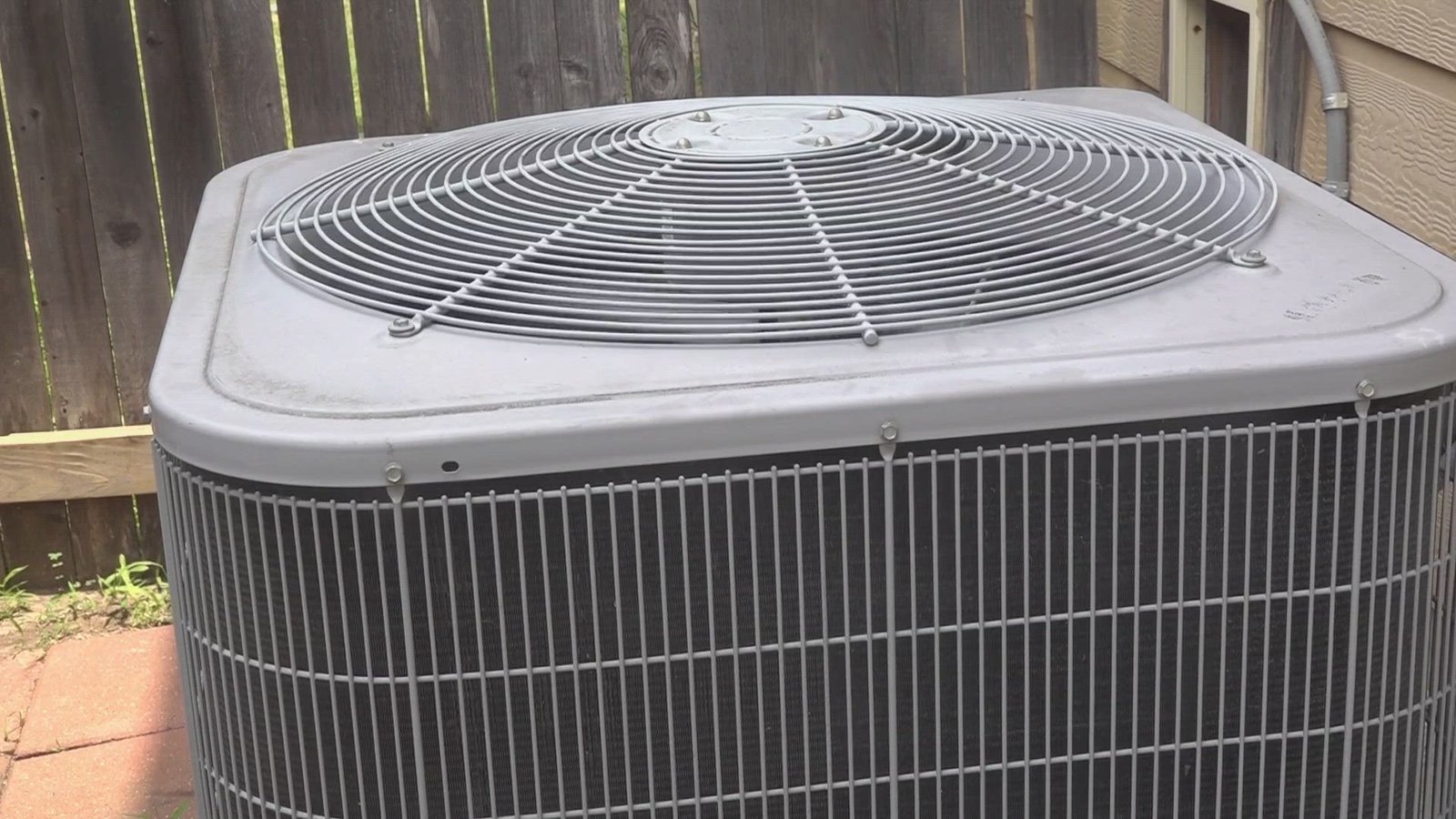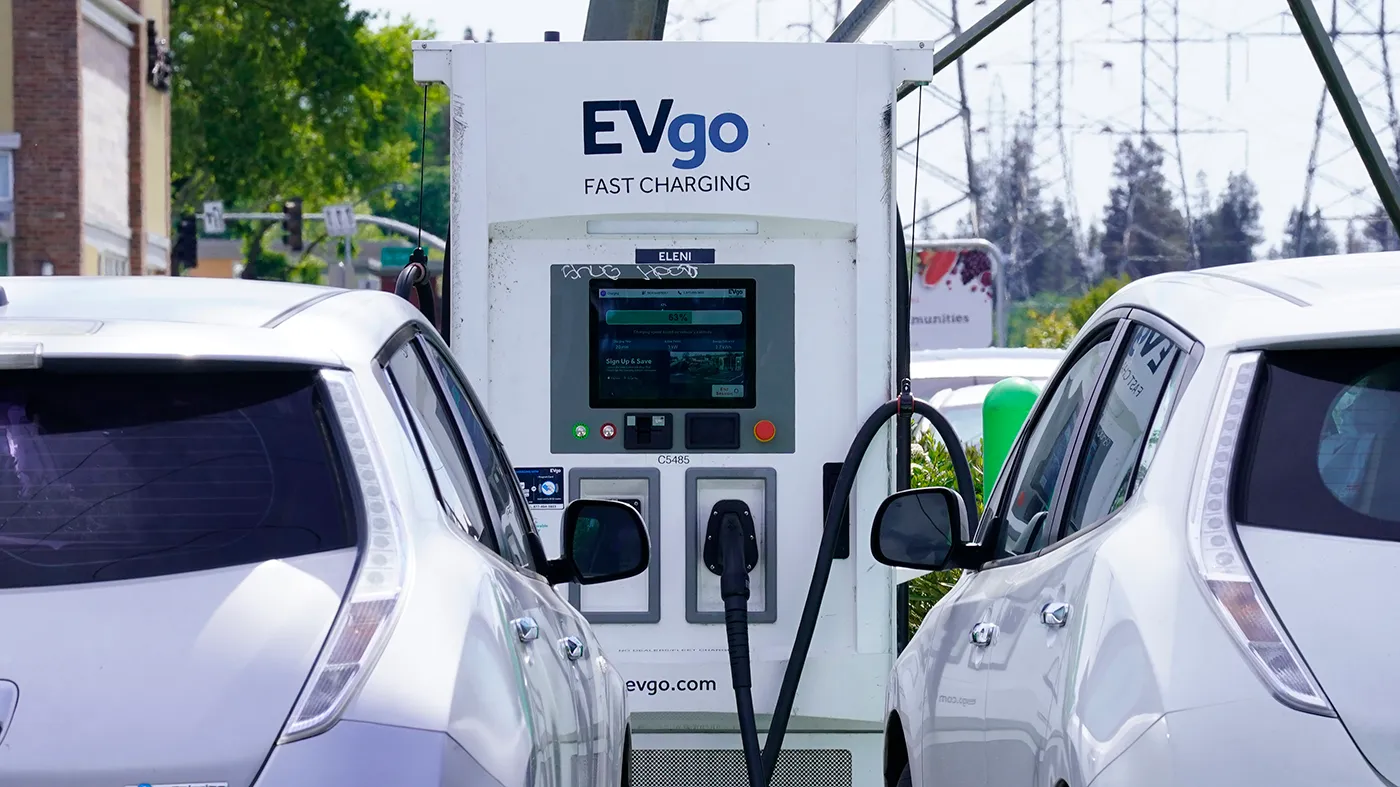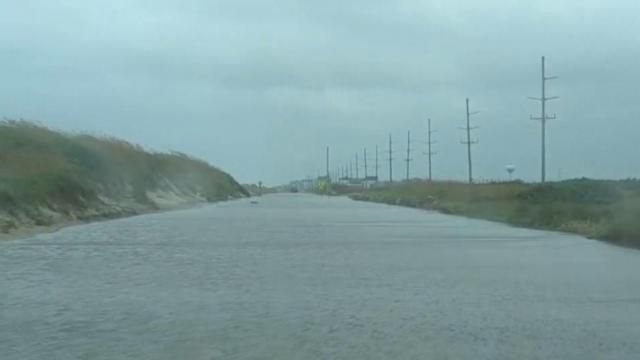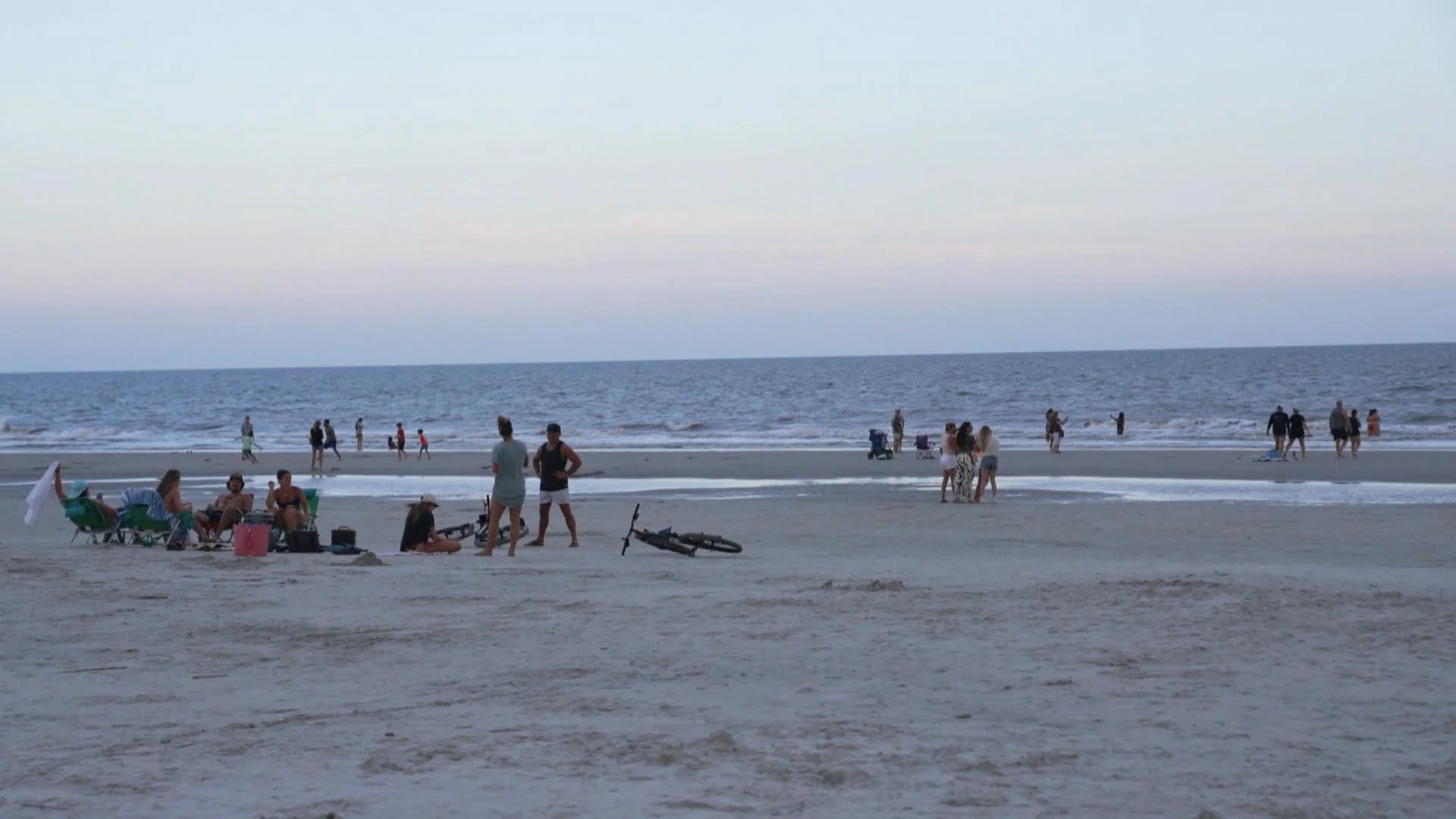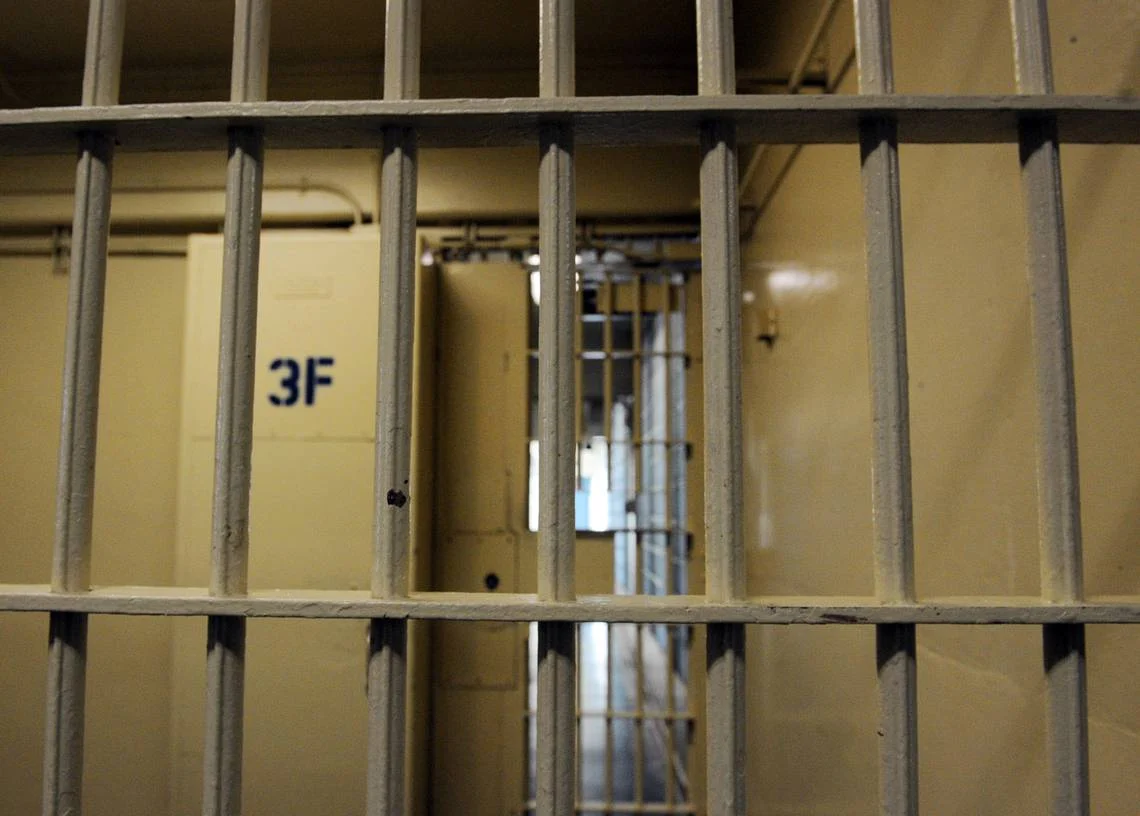North CarolinaMany North Carolinians are dealing with the all-too-common question: What happens if your air conditioning goes down at home or at work? This is especially true since the state is experiencing extreme heat.
The answer isn’t always obvious for both employees and renters. However, the details of your lease or job environment have a significant impact on your rights, according to housing advocates and legal experts.
Tenants: Your Rights Depend on Your Lease
Check your lease first if you’re sweltering through the summer in a rental with a faulty air conditioner.
According to North Carolina law, air conditioning is not a default requirement for landlords. However, the landlord is required to maintain and repair air conditioning if it is included as an amenity in your lease.
For example, Anaiyah Clements, a resident of Triad, has been without air conditioning in her apartment since May. She compared the situation as being in front of the sun.
So, what ought one to do?
-
Put your request in writing
: Email, text, or handwrite just make sure there s a paper trail. -
Allow reasonable time for repair
: The law doesn t specify how long is reasonable, but delays in parts or technician availability may play a role. -
Still no fix?
Send another written notice and
copy your local housing authority
to escalate the issue. -
Don t withhold rent
: Even if the AC is broken, not paying rent could legally be seen as breaking your lease.
Additional details from the Greensboro Housing Coalition
Employees: Heat Hazards May Be Illegal in the Workplace
What happens if the air conditioner breaks down while you’re at work?
“The answer depends on where you work and how hot it gets,” says employment rights lawyer Nicole Patino.
North Carolina complies with OSHA’s General Duty Clause, which mandates that employers shield employees from known risks, such as intense heat.
Legal rights might not be triggered by discomfort alone in an office setting at 80 degrees Fahrenheit. However, the evidence is stronger in higher-risk settings like outdoor construction sites, warehouses, and kitchens.
Yes, there can be a reason for the employer to intervene if you’re working in a kitchen and it’s 100 degrees outside, Patino clarified.
Among your choices are:
NC OSHA resources are available here.Additional information from Patino Law
-
If you re a renter
: Your landlord only has to fix the AC if the lease says so but once that s in writing, they re legally bound to repair it. -
If you re a worker
: Your employer may be violating OSHA standards if they don t address dangerous heat conditions in the workplace.
For additional housing and public safety updates, visit SaltudaStandard-Sentinel.com.
